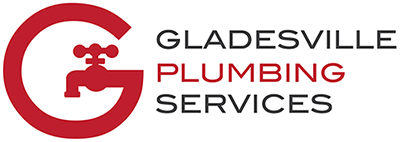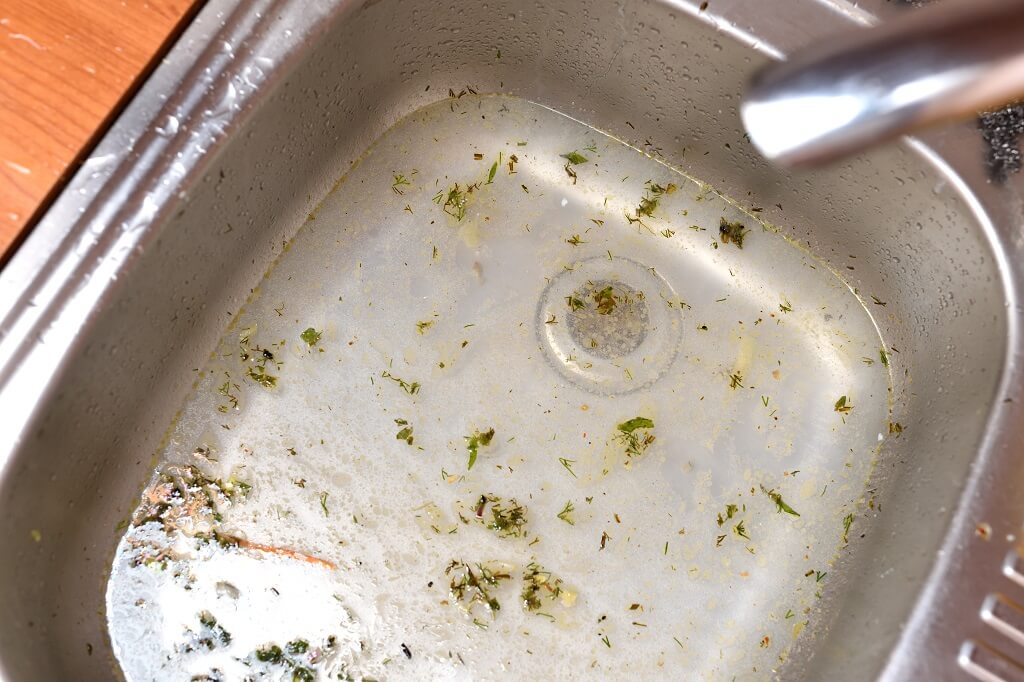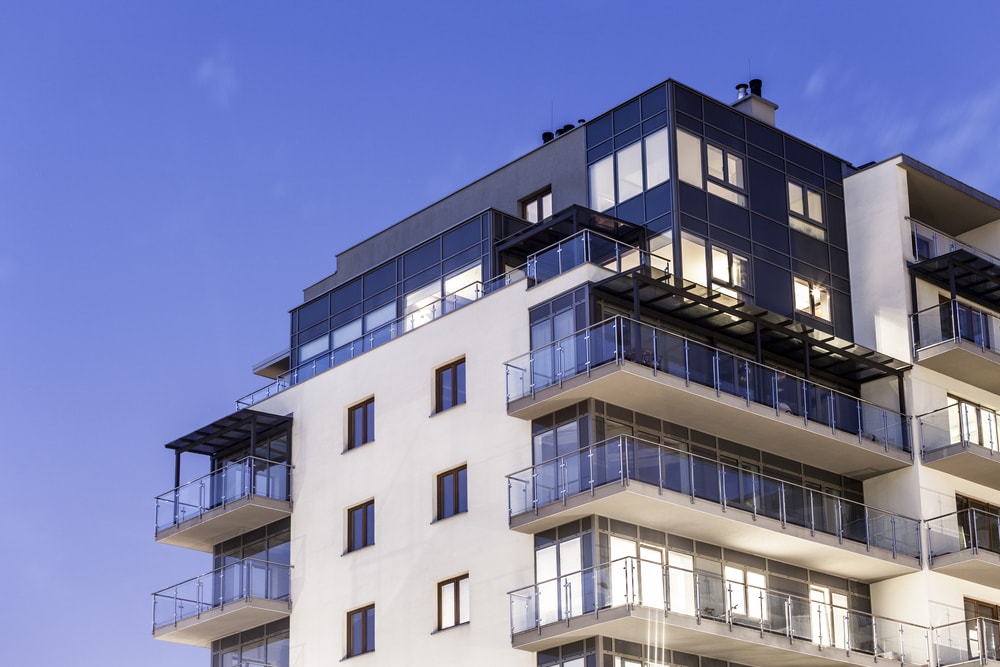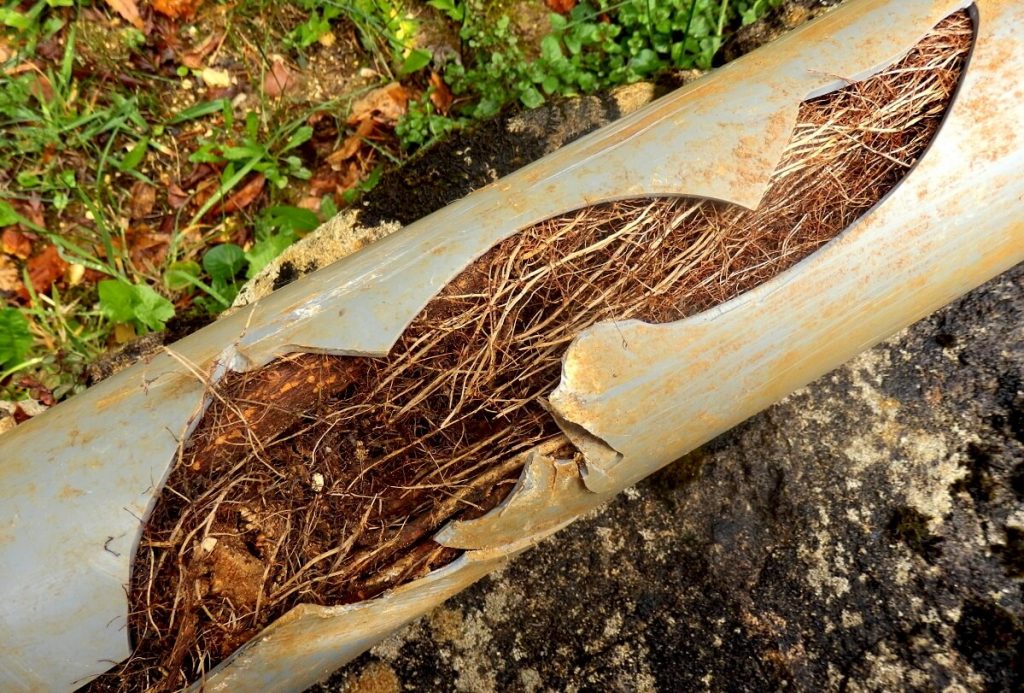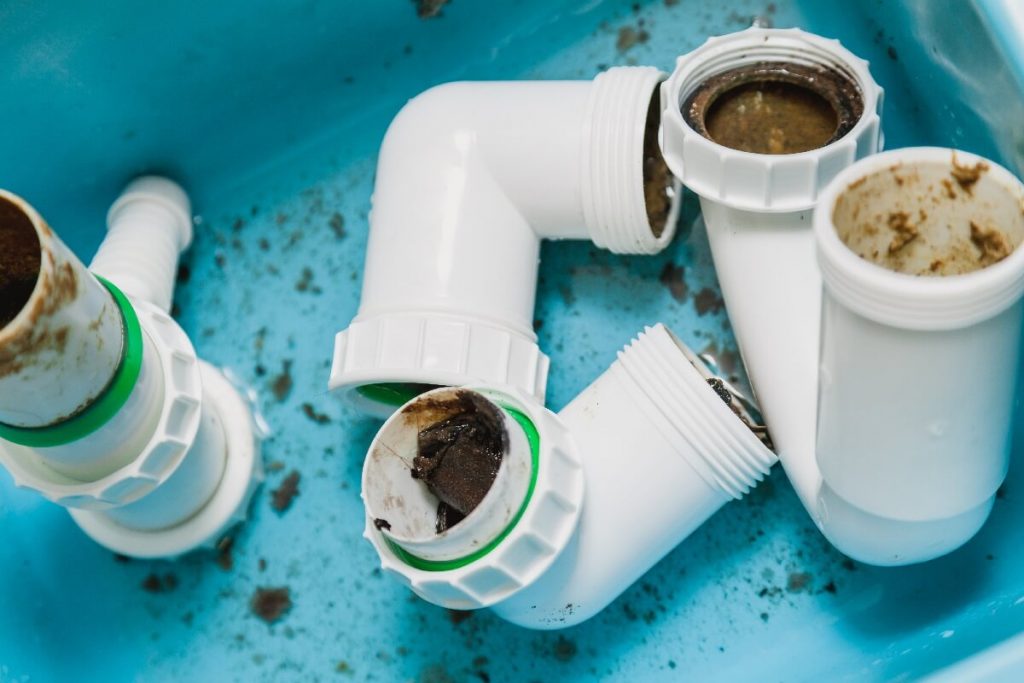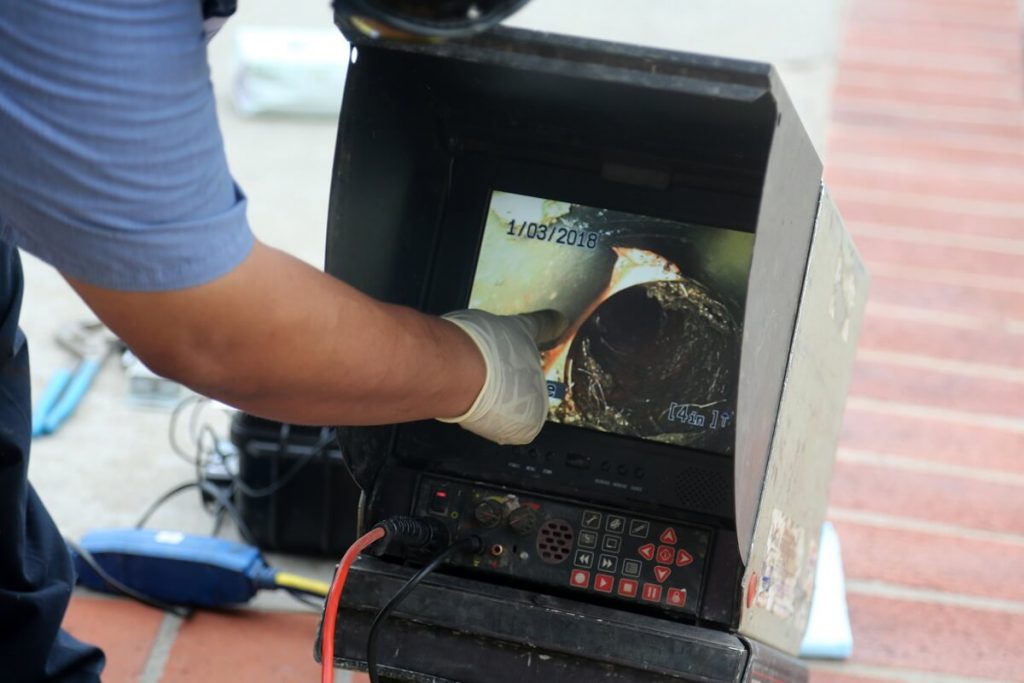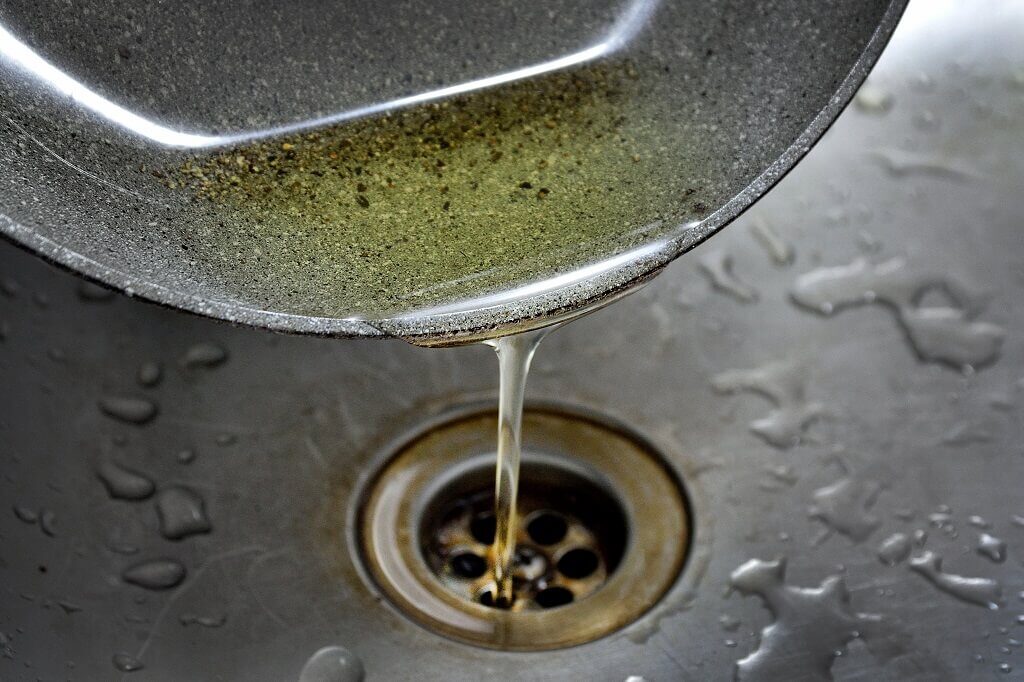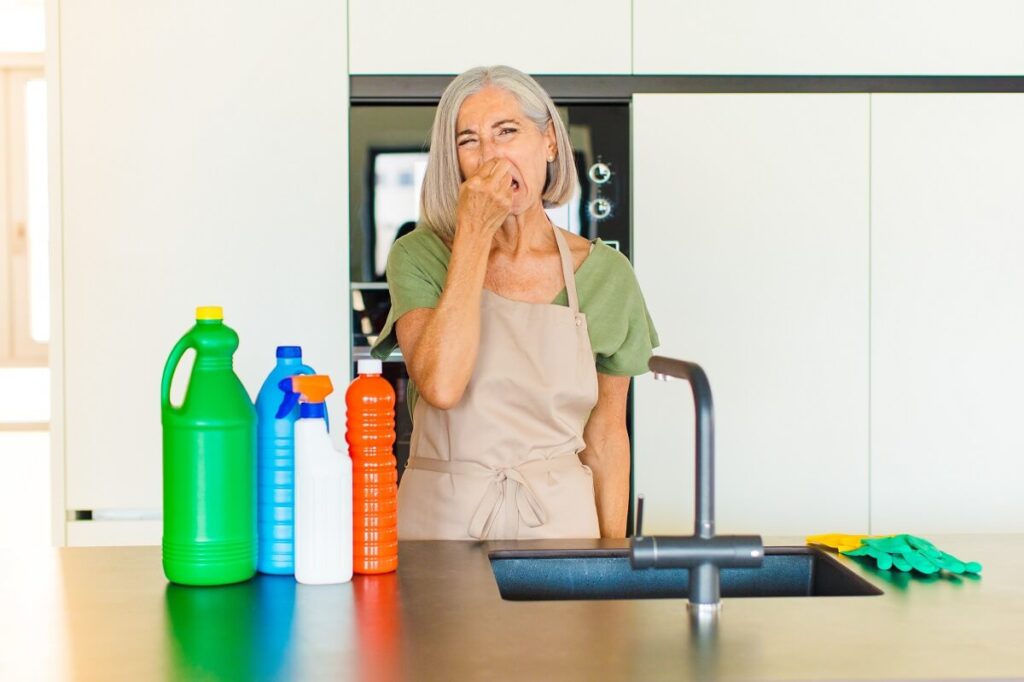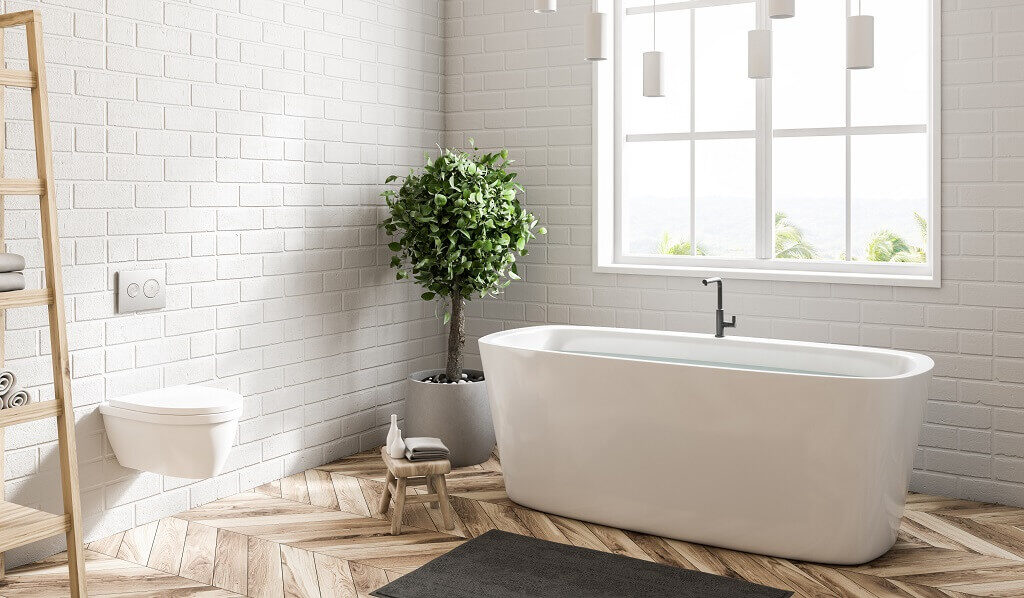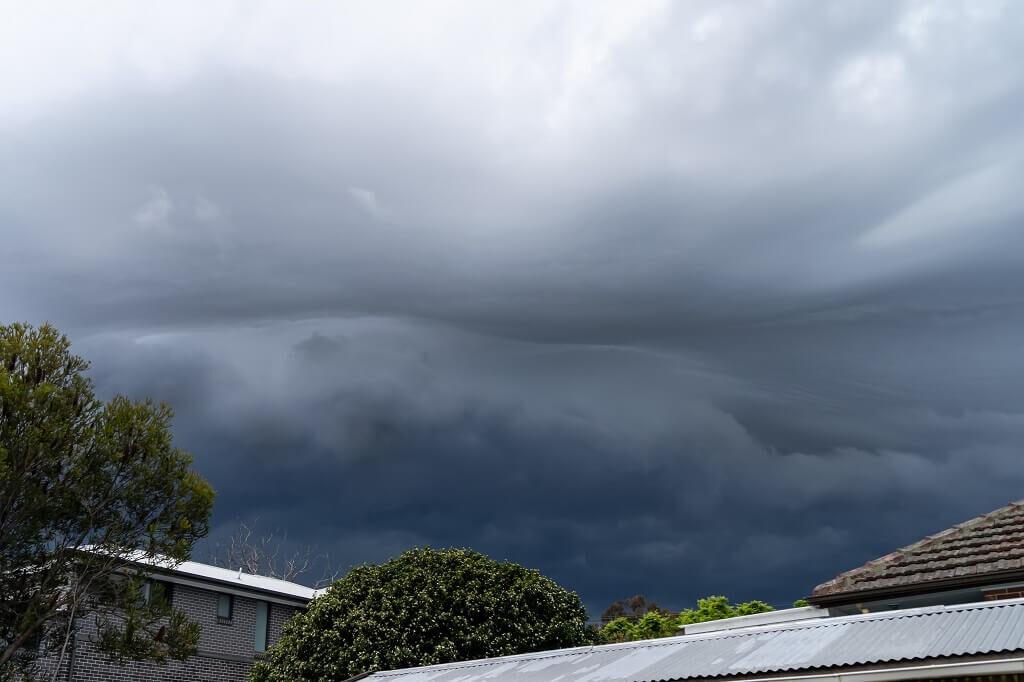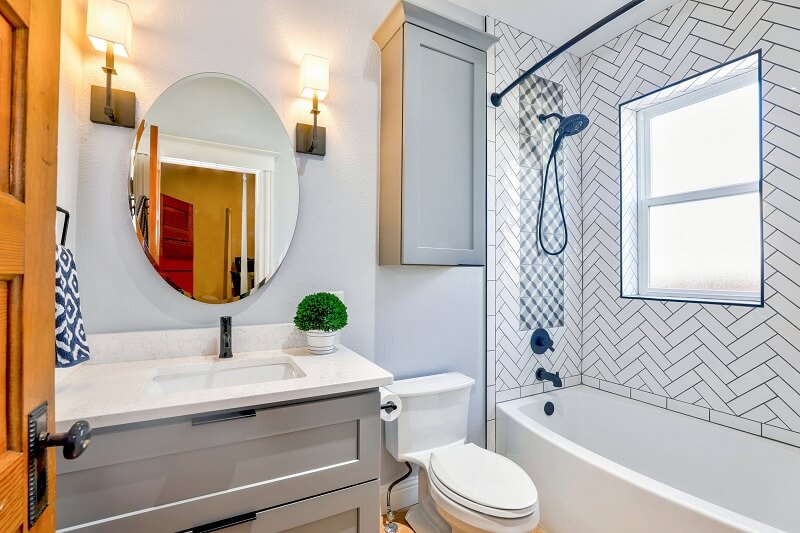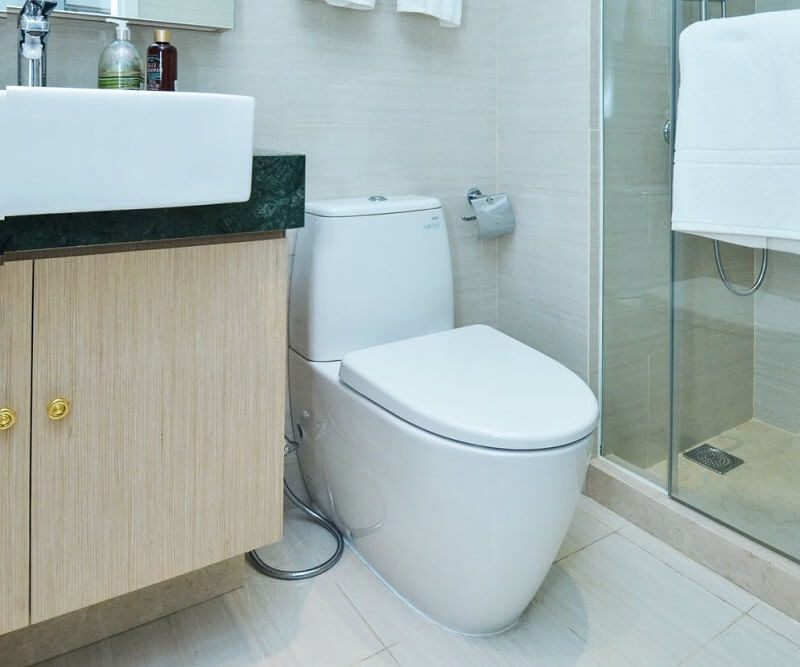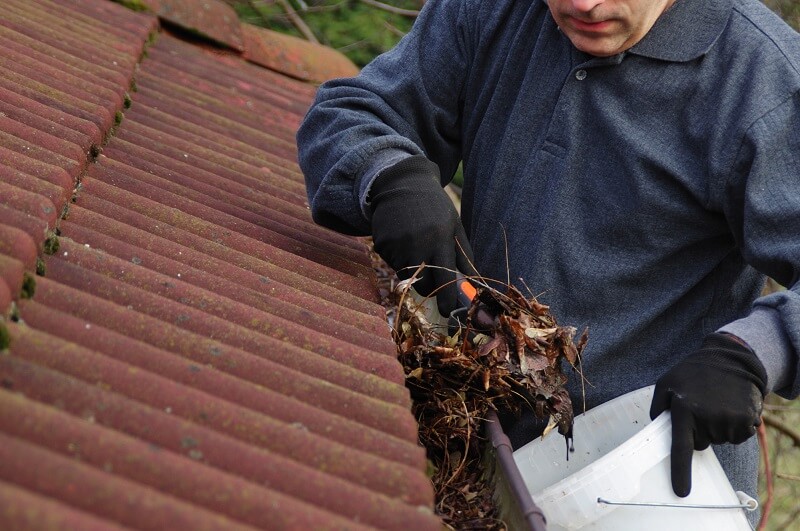Is your slow draining sink testing your patience? Could it be a sign of a bigger plumbing problem at your home?
No home is immune to slow draining fixtures. The sink is the most common fixture prone to blockages. Here’s how to determine if the slow draining action of your sink is need for concern.
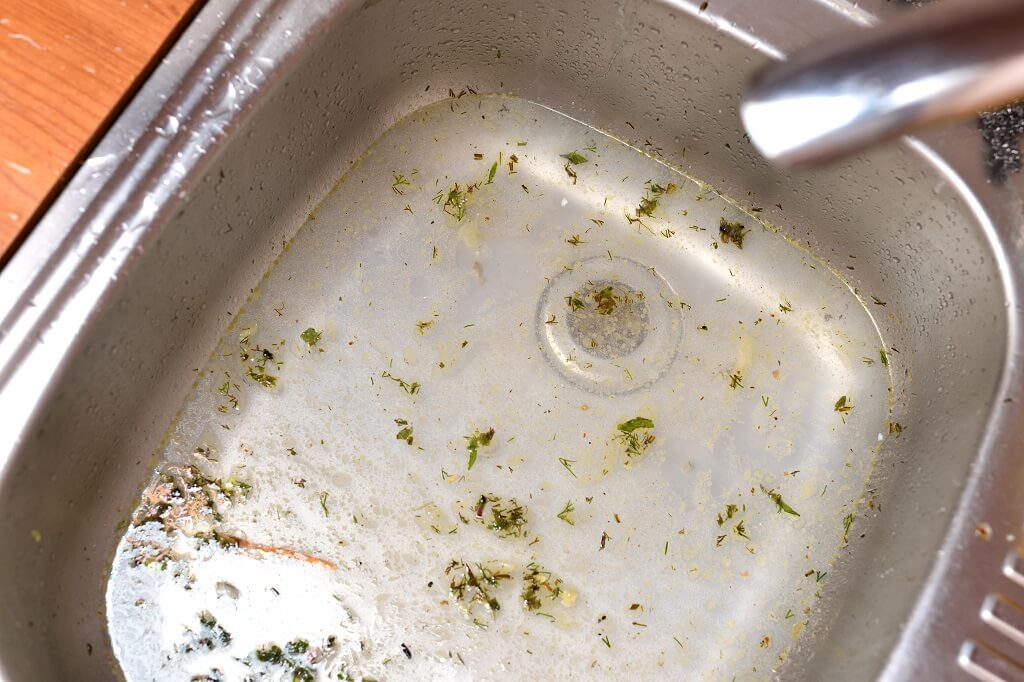
How can I tell if my sink drains slowly?
The best way to determine if your sink drains slowly is to see how the water escapes down the waste when the plug is pulled. The water should easily drain, with the water level dropping consistently as the bowl empties. If the water line doesn’t move and you have remaining water in the sink, it’s a sign there is a blockage. Blockages will prevent water from flowing down the drain into the sewer where it should go.
What can cause a sink to drain slowly?
Blockages and partial blockages can cause a sink to drain slowly. The main causes of sink blockages include:
- Solidified fats and oils in the waste pipe
- Coffee grounds or tea leaves washed down the sink
- Food scraps like rice, pasta and cereal which can swell when left in water
- Dishwasher water waste
- Unknown objects like straws or chopsticks placed through the grated holes in the drain.
Help your sink flow quicker by using a DIY remedy of bicarb soda and vinegar. This cleaning mixture can help dispel blockages in the trap under the sink drain.
Chemicals like Drano can also assist in clearing a slow draining sink. However, if you are constantly pouring Drano down the sink, it could be a sign of a bigger problem.
Sometimes the blockage may not be located on the sink waste. At times it could be a larger blockage further down the sewer line, like tree roots, which can cause all the drains to back up in the house.
How to tell if your slow draining sink indicates a bigger problem
If there is a major blockage in the sewer pipes at your home, the way to test this is to see how the toilet flushes and if other fixtures like the bath, shower or vanity basin take time for the water to drain slowly. If all the fixtures take a while to drain, or if they don’t drain at all, this indicates a potential blockage on the main sewer line. You will need to call a local plumber to investigate.
If your slow draining sink is causing concern, contact Gladesville Plumbing. Joe’s experience will ensure the correct cause is identified and he’ll offer advice to prevent further blockages occurring again.
